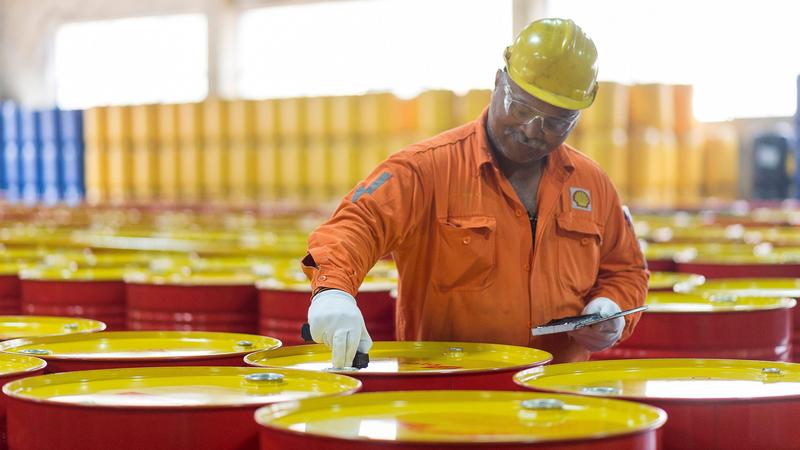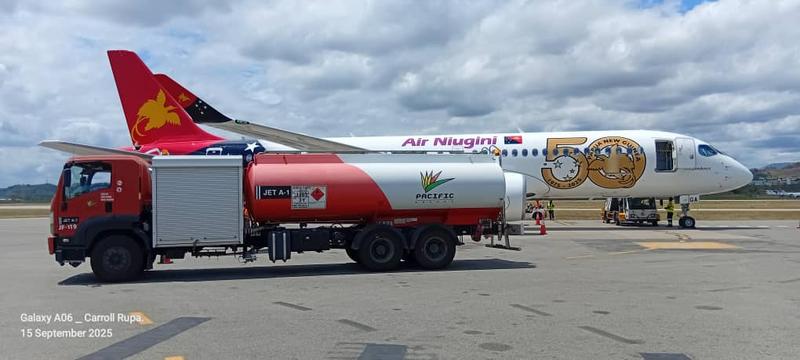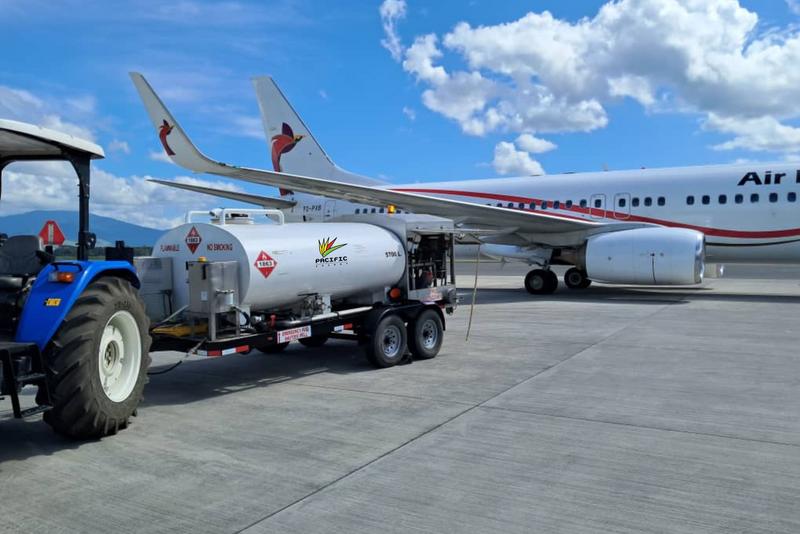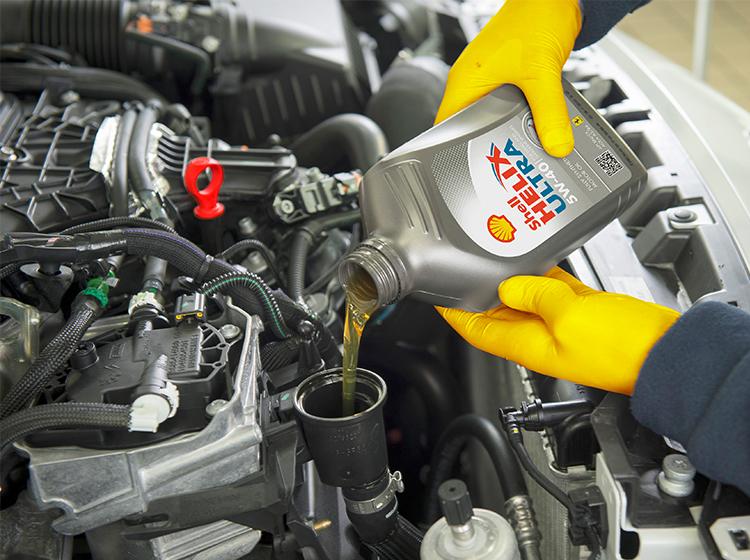By Robina Hapo
In a market long dominated by major oil companies, one local aviation fuels and lubricants supplier is carving out a bold new path, expanding across PNG’s aviation network and positioning itself to compete for major mining contracts by securing diesel fuel supply. After years of strategic groundwork, the Pacific Energy company is now entering a pivotal phase of growth, driven by a clear vision: to build a nationwide fuel presence capable of supporting the country’s biggest industries.
For the past several years, Pacific Energy Aviation (PNG) Limited (PEAL) has focused heavily on strengthening its lubricants division. As the authorised distributor of Shell lubricants in Papua New Guinea, PEAL has been steadily increasing its footprint through both B2B and B2C channels, supplying mining firms, transport companies, roadside service stations, retail outlets, and smaller workshops across the country. But competition in the lubricants market is fierce, given that more than 16 brands exist locally. Major oil companies often win large mining tenders because they bundle diesel fuel discounts with lubricants—an advantage PEAL is pursuing.
“Diesel fuel is the missing link,” Chief Executive Officer Henry Elias explained. “Without diesel fuel, we cannot offer the combo deals that major mining companies expect. This limits our chances in big supply tenders, even though we have competitive product pricing and technical expertise.”


Despite this challenge, PEAL achieved a major milestone last year, surpassing 1 million litres in lubricant sales for the first time since launching distribution in 2016—a notable achievement without the advantage of having the diesel fuel combo. Sales are again on track to reach the one-million-litre mark this year. However, with diesel fuel supply, the company estimates it could capture contracts worth in excess of three million litres or more annually from just one major mining client.
This ambition is shaping the company’s next strategic move. Plans are underway to acquire an existing ground fuels depot or develop a new facility near the main port, either in Port Moresby or Lae. The team is also monitoring potential sell-offs, such as the Kimbe and Kavieng Fuel Depots, recently acquired by another oil major, and other facilities that may become available in the near future, with intentions to expand its diesel fuel footprint nationwide. “To grow our fuels portfolio, we need diesel fuel everywhere,” Mr Elias said. “It is the missing link that will unlock the next level of growth.”
While lubricants remain a highly lucrative growth prospect, the most rapid expansion this year has come from Jet-A1 aviation fuel. Traditionally operating only in Port Moresby since 2010, the business made a decisive leap into new regional markets in 2024. In partnership with Ok Tedi Mining Limited (OTML), whose fly-in fly-out (FIFO) operations depend on reliable Jet-A1 fuel supply, PEAL has expanded its aircraft refuelling operations to five strategic airports: Nadzab, Kagamuga (Mount Hagen), Kiunga, Tokua (Rabaul), and Vanimo, with Wewak scheduled to come online next.
By next year, the company expects to have operations in 10 or more airports nationwide, including Daru, Kavieng, Hoskins, Manus (Momote), Buka, Madang, Goroka, and Tari. The expansion includes major investment in new equipment, fixed storage facilities, and aviation refuelling infrastructure. “Aviation has become one of our strongest growth pillars,” Mr Elias said. “The partnership with OTML gives PEAL the strategic link into remote airports, where consistent fuel supply must be maintained for the mining workforce.”


Even as PEAL expands geographically, the company continues to build technical credibility. One of its key strengths is its certified Lubricants Technical Advisor, an engineer trained and certified in machinery lubrication technology, who supports clients in selecting the most suitable products for heavy machinery and industrial applications. This technical capability has helped strengthen the company’s reputation among the mining, transport, marine, power generation, and engineering industries.
With its dual focus on aviation fuels and lubricants, and a strategic push towards diesel fuel, PEAL is positioning itself to become a more competitive and integrated fuels supplier across Papua New Guinea. Its growth story is one of resilience and long-term planning—hitting milestones, navigating structural disadvantages, and preparing for the next wave of opportunities in the country’s diverse industries and markets.
“We have relentlessly pursued and achieved current outcomes so far without diesel fuel,” Mr Elias said. “Now imagine what more can be achieved when we finally have the diesel fuel mix.”










